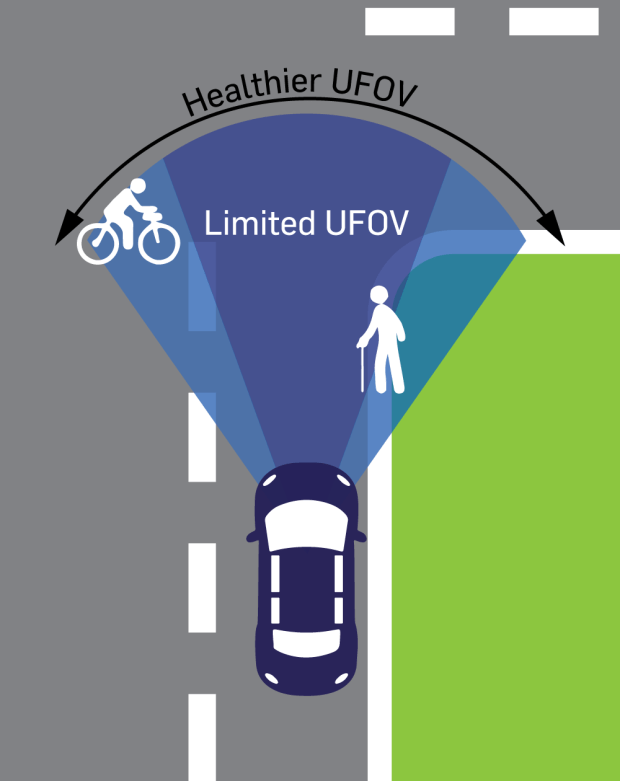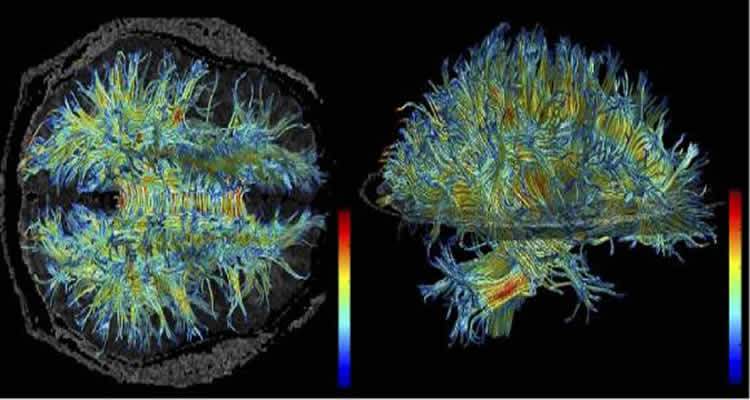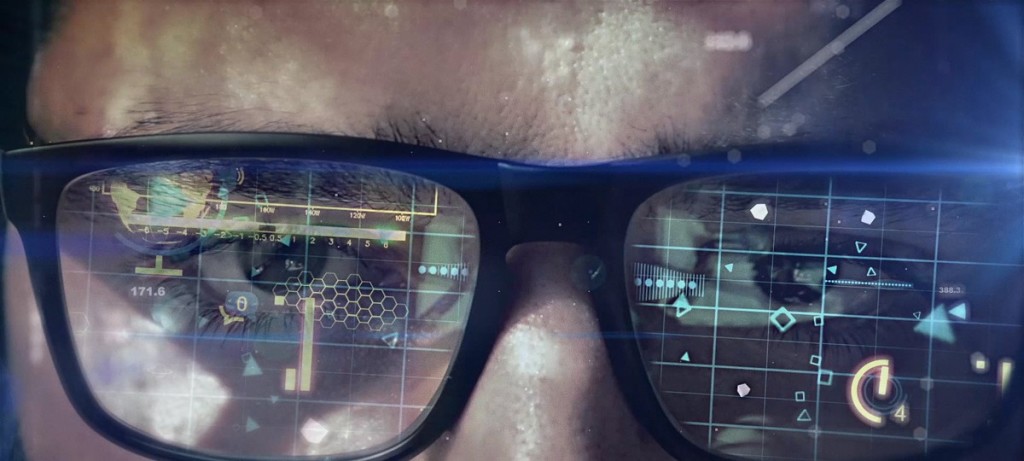Posts Tagged ‘brain-game’
The ultimate in transfer from brain training to real-world outcomes: Reducing the risk of at-fault accidents by almost 50%
___ Can you train your brain to drive longer into your golden years? (CTV News): “For the elderly, the loss of a driver’s licence could mean the end of independence and the beginning of a decline in health, with far-reaching consequences in their daily lives…New assistive driving technologies seem like an obvious solution in the years…
Read MoreNeuroplasticity and “real” Brain Games: The opportunity at hand
In preparation for the new season of National Geographic’s Brain Games, their producers asked me to participate in a virtual roundtable around this thought-provoking question: Do you think individuals can train their brain to respond in a particular way to certain situations, or do you think our brain’s innate “startle response” is too hardwired to alter? My…
Read MoreVirtual “Brain Games” roundtable: Why we can, and SHOULD, train our brains
In preparation for the new season of National Geographic’s Brain Games, starting this Sunday February 14th, their producers asked us to participate in a virtual roundtable around this thought-provoking question: Do you think individuals can train their brain to respond in a particular way to certain situations, or do you think our brain’s innate “startle response”…
Read MoreLumos Labs (maker of Lumosity) pays $2 million to settle FTC deceptive advertising charges
. Lumosity must pay $2 million after “unfounded” brain game claims (Fast Company): “The maker of brain game app Lumosity has agreed to pay $2 million to settle charges brought by the Federal Trade Commission, which alleged it deceived consumers about the product’s brain-training benefits. The FTC said Tuesday that Lumosity made “unfounded claims” that…
Read MoreStudy: Brain training game can improve prospective memory and activities of daily living
‘Virtual Week’ brain game has potential to help older adults remain independent longer (press release): “An international team of scientists has demonstrated that just one month of training on a “Virtual Week” computer brain game helps older adults significantly strengthen prospective memory — a type of memory that is crucial for planning, everyday functioning and…
Read MoreDecember Update: Wishing You and Yours a Very Brain-Fit Decade
Here is a December update on brain newsletter, which discussed everything about brain health and brain fitness across all sectors.
Read More





